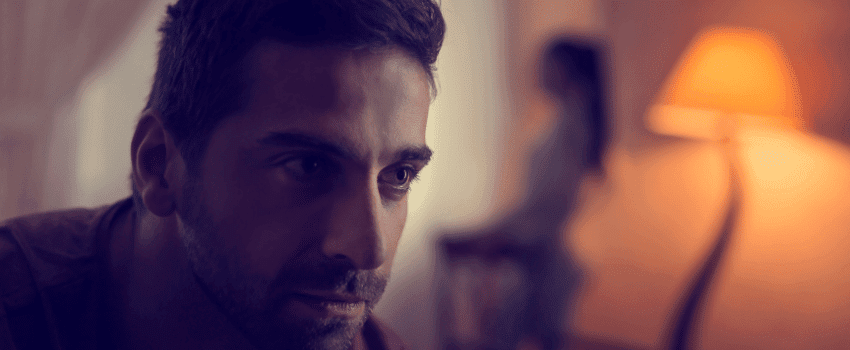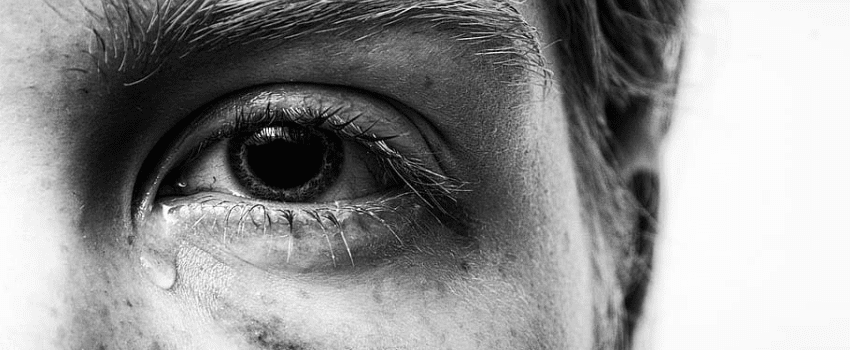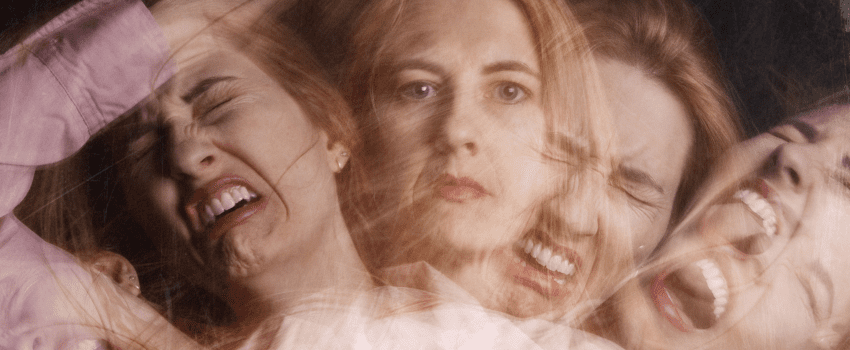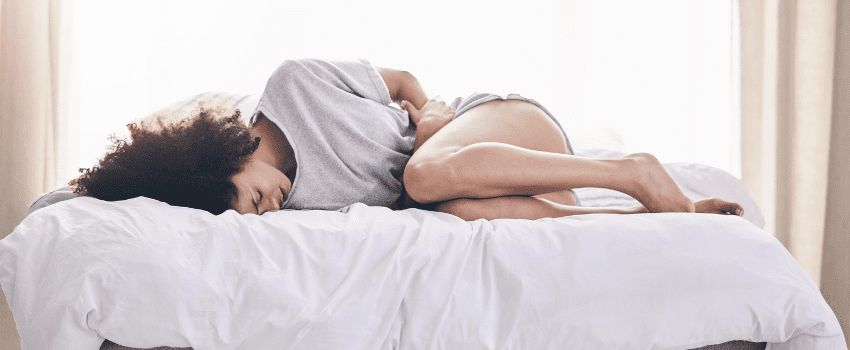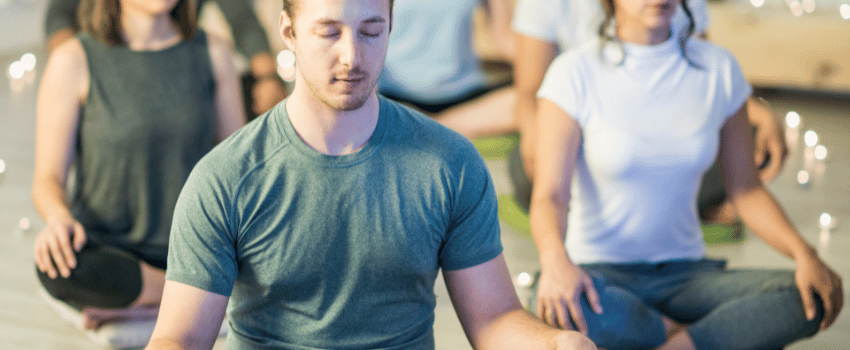The assessment below is very reliable and used as a first step to evaluate if general anxieties may affect you. After taking the test, you will receive an email you may share with your GP or health professional. Remember, this is not a diagnosis since other mental health conditions can produce similar symptoms and results. Also, anxiety is part of many different conditions, some unrelated to psychology but to physiology.
Does anxiety stop you?
Anxiety is a heightened and sometimes detrimental stress response to an event or thoughts. Anxiety disorders, therefore, prevent you from enjoying a fulfilling life. In the most extreme cases, Generalized Anxiety Disorder can make you a recluse and isolate and affects your health, even increasing cancer risk.
Let me ask you a question: If you are relaxing in your bed watching TV and see a spider crawling up your covers from the corner of your eye, what is your reaction (in particular, when Australia has the most venomous spiders on earth)?
If you answer that you are terrified, jump from the bed like there is no tomorrow with your heart pounding like an F1 racing car while starting to sweat and feeling a bit lightheaded for a few seconds, you are normal.
Now let me ask another question: How do you feel about it if you were asked to speak at your friend’s wedding?
Would you react similarly to the spider? If anxiety prevents you from doing what you wish, your reaction is not within the norm. Indeed, you may have a problem with anxiety.
Is Anxiety always harmful?
Anxiety per se is not harmful since it is a natural reaction that helps us to survive. Without the mechanism of healthy anxiety, we will not have survived our evolution. Anxiety is a great motivator, and it allows you to think casually before making a move and forces you to ponder the benefits and drawbacks of decisions. Yet as with anything existing in nature, whatever goes in override, becomes harmful.
Poor health, challenging relationships, unemployment, poverty and disadvantage, loneliness, work stress, exposure to violence, trauma, and conflicts, are all known causes of anxiety.
Unfortunately, contemporary technology has introduced some new reasons to develop anxiety. Indeed, the Internet, social media, the need to multitask across several assignments, and the bombardment of news and doom scenarios can overwhelm us.
Nearly 17% of Australians suffer from some form of anxiety
Anxiety disorders affect today 1 in 6 (17%, or 3.3 million) Australians.
In other words, anxiety disorder affects someone close to you or yourself today.
Anxiety disorders include Generalized Anxiety Disorder (GAD), Panic Disorder, Specific Phobia, Agoraphobia, Selective Mutism, Social Anxiety Disorder/Social Phobia, and Social Anxiety Disorder. You can read more about them here.
Although they differ, there is some common manifestation in all of them. For instance:
- A racing heart, rapid breathing, shaking, sweating, or dizziness
- Feeling stomach discomfort or butterflies
- Feeling stiff in your body or suffering from headaches
- Restlessness and a sense of being “on edge”
- Worrying sensations that are uncontrollable
- Heightened irritation
- Difficulties concentrating
- Sleep issues, such as difficulty falling or staying asleep
- Withdrawing from social gatherings
How can I improve my anxiety?
First, take the below self-assessment for General Anxiety. Although simple, it can provide essential indications, particularly if you need to take further steps such as speaking to your General Practitioner and a counsellor.
If you have anxiety but it is very mild, there are things you can try that may help you. You can also contact us for advice.
Improve your sleep hygiene
Sadly anxiety can promote poor sleep habits and even insomnia. So, addressing the lack of sleep is essential.
Fortunately, there are several easy things you can take to enhance your sleep:
- Try going to bed and waking up at the same time every day
- Even if it’s tempting when you’re tired, do not nap during the day
- Before going to bed, take an hour to relax quietly
- Try to avoid consuming coffee or other stimulants within five hours of going to bed
- Avoid relying on drinking to help you fall asleep; alcohol disrupts your sleep
Learn about your anxiety
Discover about your anxiety causes. Consider what is creating, affecting, or aggravating your anxiety to help you understand how to handle it. Triggers are crucial to recognizing since it allows you to begin working on them. Writing down your concerns may help you understand your anxiety and make it easier to address.
Learn breathing exercises that work for you
Learning some breathing methods will relax you and lower your heart rate. There are several breathing techniques available.
Make some lifestyle changes
Life changes may help considerably to reduce your anxiety.
For example, if your symptoms are caused by financial issues, consulting with a financial professional may help you see the big picture and reclaim control of your finances. Clear your diet of junk food, especially sweets, and restrict your intake of alcohol and caffeine, all of which can exacerbate anxiety symptoms. Exercise will boost endorphins- chemicals in the brain that promote happiness and well-being.
Be kind to yourself
Take care of yourself, and do not criticize yourself for feeling nervous or telling yourself that you shouldn’t be stressed or anxious. Instead, allow yourself to experience your feelings and realize that you won’t be able to change everything in your life. Even if you can improve something, it is unlikely to happen overnight. The first step in dealing with anxiety is recognising it and taking action. Getting help is a sign of strength, not weakness.
Start to address your anxiety
If you are suffering from anxiety, ready to start your healing journey, or want to know more, Act Right Now Counselling Services are always happy to hear from you. Online counselling is a secure and convenient therapy that you may access from the privacy of your own home.
Let’s discuss your results. Start Healing Now



